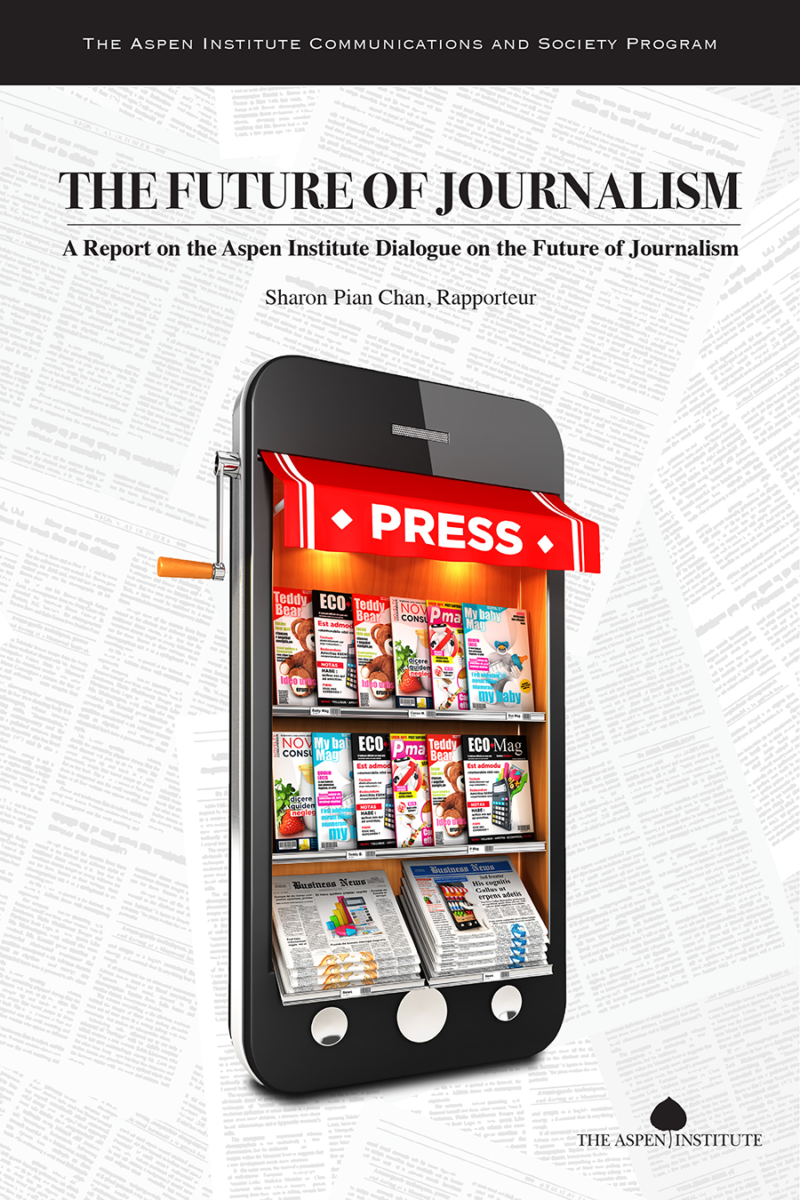
Today the word “transparency” is haunting all spheres of life-not just politics but economics, too. Preface vii The Society of Positivity 1 The Society of Exhibition 9 The Society of Evidence 15 The Society of Pornography 21 The Society of Acceleration 29 The Society of Intimacy 34 The Society of Information 37 The Society of Unveiling 42 The Society of Control 45 pages cm Translation of: Transparenzgesellschaft. The transparency society / Byung-Chul Han translated by Erik Butler. Printed in the United States of America on acid-free, archival-quality paper Library of Congress Cataloging-in-Publication Data Han, Byung-Chul, author. No part of this book may be reproduced or transmitted in any form or by any means, electronic or mechanical, including photocopying and recording, or in any information storage or retrieval system without the prior written permission of Stanford University Press. The translation of this work was supported by a grant from the GoetheInstitut which is funded by the German Ministry of Foreign Affairs. All rights reserved by and controlled through Matthes & Seitz Berlin Verlag. Berlin 2012 © MSB Matthes & Seitz Berlin Verlagsgesellschaft mbH, Berlin 2012. The Transparency Society was originally published in Germany: Byung-Chul Han: Transparenzgesellschaft. Stanford University Press Stanford, California English translation ©2015 by the Board of Trustees of the Leland Stanford Junior University.

Stanford briefs An Imprint of Stanford University Press Stanford, California T H E T R A N S PA R E N C Y S O C I E T Y In this manifesto, Byung-Chul Han denounces transparency as a false ideal, the strongest and most pernicious of our contemporary mythologies. Technology creates the illusion of total containment and the constant monitoring of information, but what we lack is adequate interpretation of the information.

The anxiety to accumulate ever more information does not necessarily produce more knowledge or faith.


Behind the apparent accessibility of knowledge lies the disappearance of privacy, homogenization, and the collapse of trust. Yet, transparency has a dark side that, ironically, has everything to do with a lack of mystery, shadow, and nuance. Everything―and everyone―has become transparent: unveiled or exposed by the apparatuses that exert a kind of collective control over the post-capitalist world. Anyone can obtain information about anything. Considered crucial to democracy, it touches our political and economic lives as well as our private lives. It is a term, a slogan, that dominates public discourse about corruption and freedom of information.


 0 kommentar(er)
0 kommentar(er)
